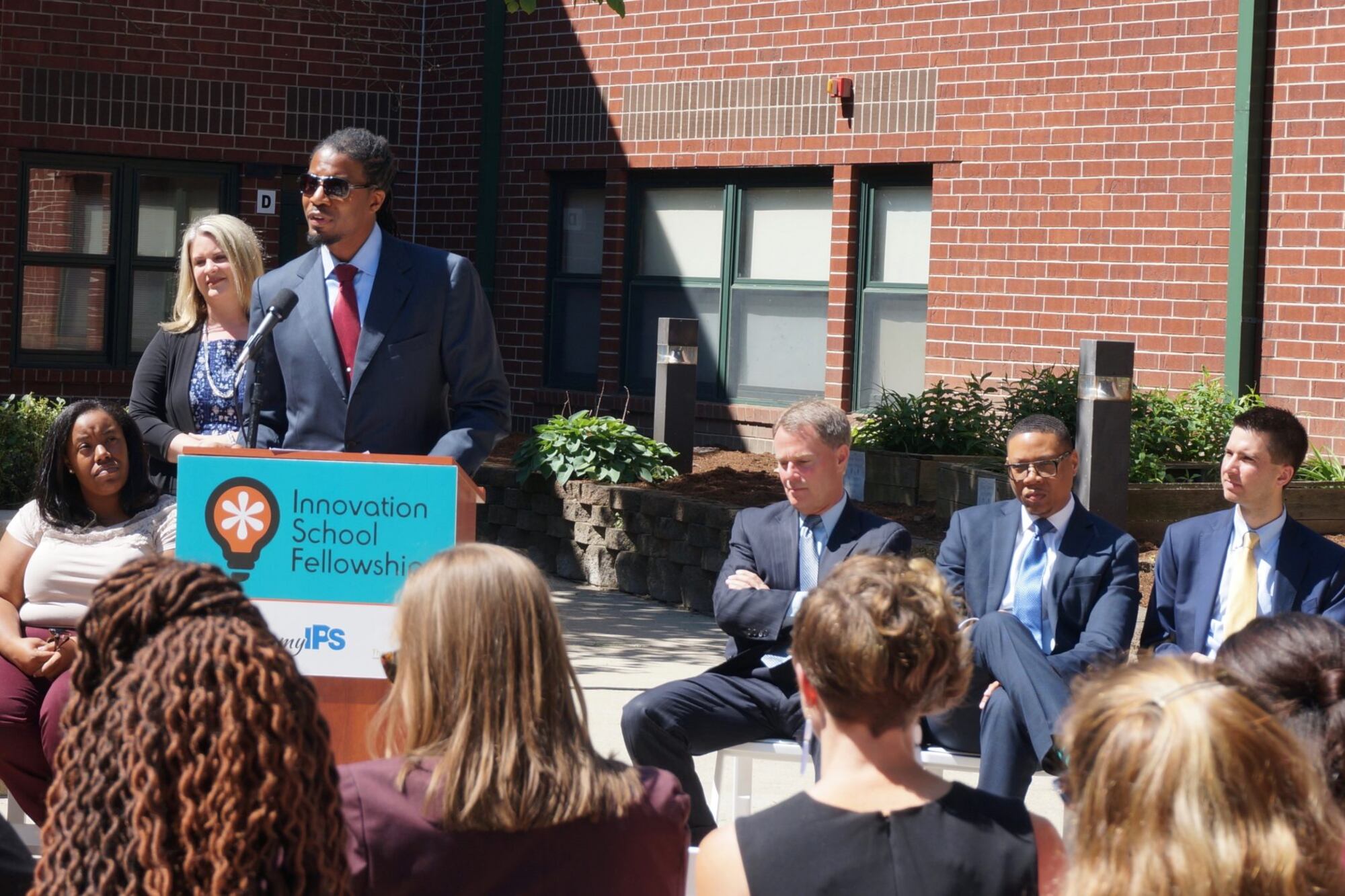Indianapolis Public Schools will end ties with a charter school operator that tried and failed to improve one of the district’s turnaround schools.
The school board unanimously approved the district’s recommendation on Thursday to not renew its contract with Ignite Achievement Academy after a review of its five-year term found that Ignite’s students are performing worse than before the charter took control.
Next, the board must decide who will operate the Elder W. Diggs School 42 campus, which officials have said will remain open to its approximately 400 students.
IPS expects to announce plans for the school in January or early February, following additional community meetings.
“I know decisions are difficult when it comes to changing management,” Commissioner Diane Arnold said. “I think it’s essential if we say that innovation is the right path that we hold our innovation partners as accountable as we do our own district.”
Ignite next faces a charter decision from its authorizer, the Mayor’s Office of Education Innovation, which placed it on probation earlier this month with a deadline to respond to concerns by Dec. 16. If it retains its charter, Ignite could continue to operate in another location.
Ignite co-founder and Head of School Shy-Quon Ely said in a statement that the school remains “steadfast in our focus and determination to educate our scholars and be a vital part of our greater Elder Diggs community.”
“While Ignite Achievement Academy is aware of the vote taken by the IPS Board, it should be noted that Ignite had no plans to renew the innovation agreement with IPS after this year,” the statement said. It did not address the status of the school’s charter.
In community meetings before the vote, Ely attributed the school’s faltering test scores and declining enrollment and staff retention to the challenges of the pandemic.
IPS Chief Portfolio Officer Jamie VanDeWalle said that while COVID had an impact on all schools, a comparison between Ignite and peer schools in the district showed the former still lagged behind.
Just 4% of Ignite students were proficient in math and English in 2021 — some of the lowest scores among innovation schools, according to a district presentation. Attendance dropped shortly after Ignite took over the school and remained consistently 10 points behind the district average, the presentation said, while enrollment dropped 30% this year.
The presentation also noted that successful innovation schools tended to have retained their original leadership. Ignite co-founder Brooke Beavers left the school in 2018.
In comments before the vote, Commissioner Taria Slack said it was important to speak with families when their school was struggling, not after a decision on its future has been made.
At public comment, Ontay Johnson, executive director of Empowered Families, also said he supported the decision, but asked how parents would be involved in the school’s future.
“What I struggle with is the collateral damage that Black and brown students continue to be in this broken education system,” Johnson said. “Whether you are an advocate for charter or public schools, both sides failed our babies at this school.”







